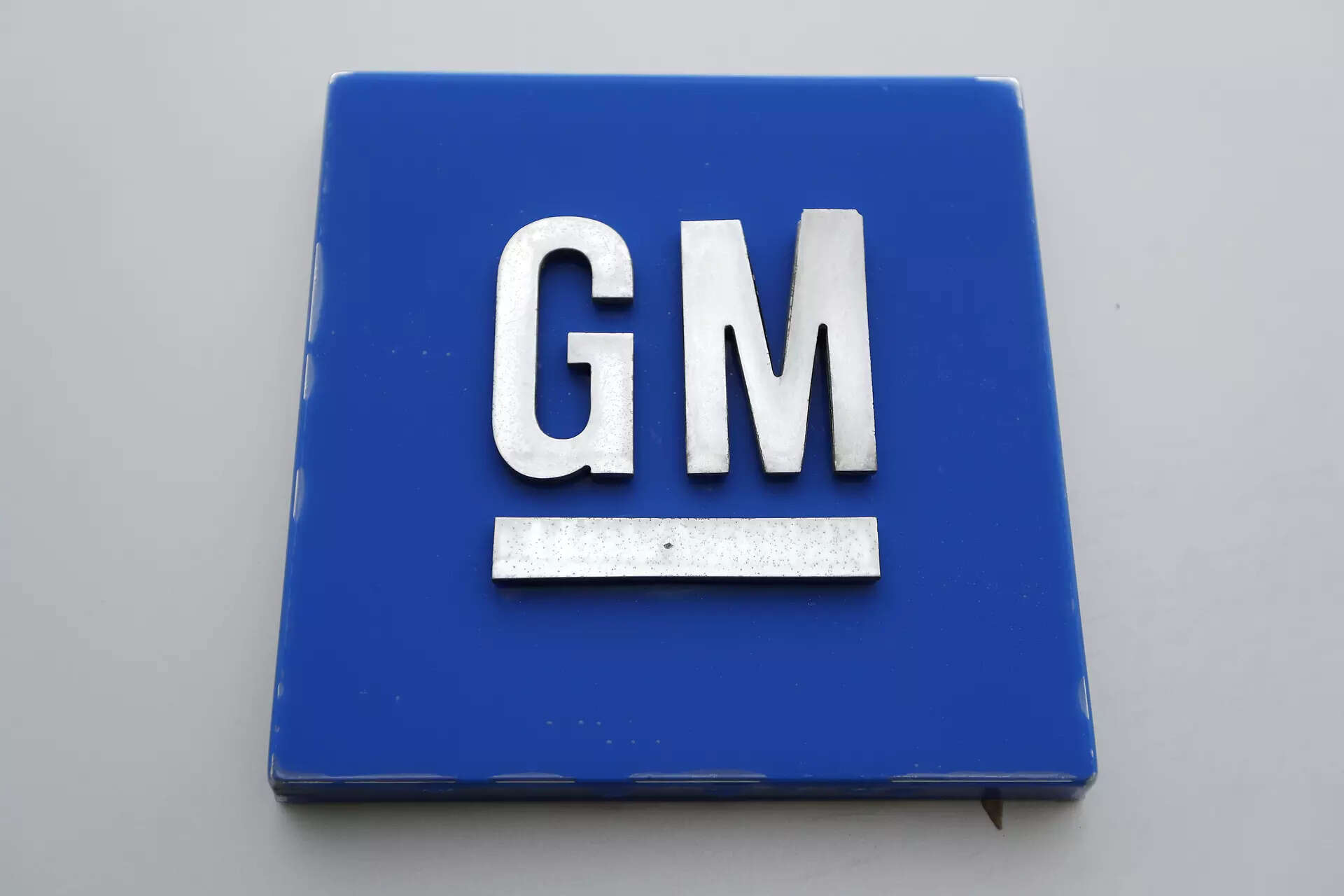
General Motors and Canadian unionUnifor reached a tentative agreement on Tuesday just hours after 4,300 workers went on strike at three GM facilities.
The union said the tentative agreement follows the pattern agreement Unifor reached with Ford Motor last month and includes wage hikes of up to 25%. The strike ended after about 12 hours in which it had threatened the largest U.S. automaker’s profitable full-size truck production. Workers must still vote to approve the agreement.
“When faced with the shutdown of these key facilities General Motors had no choice but to get serious at the table and agree to the pattern,” said Unifor National President Lana Payne. She added that GM agreed to items it initially fought including “pensions, retiree income supports and converting full-time temporary workers into permanent employees over the life of the agreement.”
The agreement will cut the time needed to get to top pay from eight years to four years, Payne said, which is important since there are so many younger GM Canadian workers.
“It’s great for the workers, but we’re not out of the water yet because we still have to ratify this agreement,” said GM worker Darrell Colley, standing outside the Oshawa plant after the agreement was reached.
GM shares closed up 1.6%. The company said work resumed at all three facilities in the afternoon and that the deal “recognizes the many contributions of our represented team members with significant increases in wages, benefits and job security.”
The walkout by workers early on Tuesday came after Unifor said GM was “stubbornly refusing” to match the contract the labor union reached with Ford.
The walkout was set to intensify the headache faced by the automaker in the U.S. where it is racking up millions of dollars in daily losses to the United Auto Workers (UAW) strike that started Sept. 15.
GM has lost 34,176 vehicles of production since the start of the UAW strike, according to an estimate by Deutsche Bank. The automaker said last week it had 442,586 vehicles in stock.
The UAW has struck two GM assembly plants in the United States and 18 parts distribution centers. GM has laid off 2,300 U.S. workers due to the impacts of the UAW strike.
Unifor has used the “pattern bargaining” approach in its talks, reaching a deal first with Ford. The union said GM will now follow the pattern. The UAW, on the other hand, broke with that approach under its new leadership.
Payne said Stellantis workers deserve the same agreement but expected the company “will come here kicking and screaming the way that General Motors did.” Stellantis declined to comment.
Unifor represents about 18,000 Canadian workers at Ford, GM and Chrysler parent Stellantis.
Separately, the UAW said Tuesday that 97% of General Dynamics manufacturing workers in Michigan, Ohio, and Pennsylvania voted to authorize a strike. The contract covering 1,100 defense industry workers expires on Oct. 22.
On Monday, about 4,000 UAW workers at Volvo Group -owned Mack Trucks went on strike after overwhelmingly rejecting a proposed five-year contract.
About 73% of the unit’s 4,000 workers in Pennsylvania, Florida and Maryland voted against the deal that included a 19% pay raise.
Unions have increasingly resorted to strikes across sectors from airlines to automakers, buoyed by a tight labor market and positive public opinion in the U.S., even though union membership has fallen.

